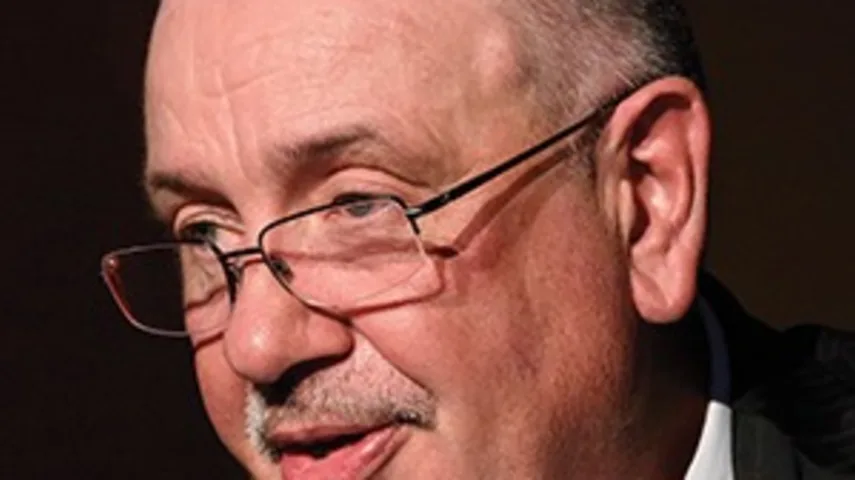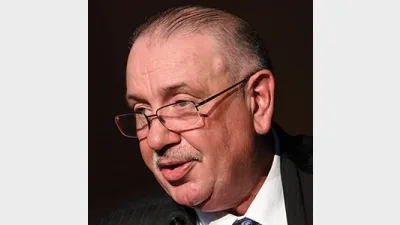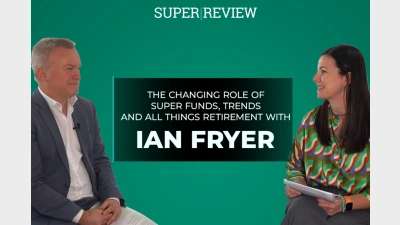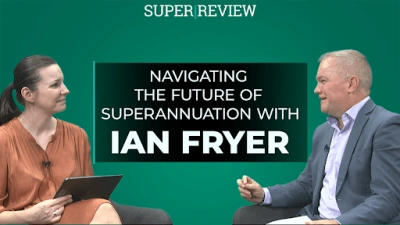Has the PC report already passed its use-by date?



The political cycle and the Royal Commission indicate that the Productivity Commission’s recommendations on the efficiency and competitiveness of the superannuation system may already be approaching their ‘use-by’ date.
If it was the Government’s intention to use the PC’s inquiry as a mechanism to help achieve its policy outcomes, then the strategy has not only run out of time but it has also run headlong into the uncertainties generated by the Royal Commission.
What needs to be remembered about the Productivity Commission’s (PC’s) latest draft report on Efficiency and Competitiveness in the Superannuation Industry is that it, ultimately, it represents a set of recommendations which will be cherry-picked by the Government of the day.
The PC began its inquiry into the efficiency and competitiveness of the industry back in 2017 and has traversed the question of how to assess competitiveness and efficiency before last year moving on to alternative default models and this year moving on to the broader questions covered in its current draft report.
Responses to the current draft report are due by 13 July before the PC delivers its final report, probably in September/October, which means that the current Government will have precious little time to act on its final recommendations before the electoral clock for the 2019 Federal Election starts ticking in earnest.
In other words, it was the Treasurer, Scott Morrison, who provided the PC with the original terms of its reference for its current inquiry, but all the current opinion polls suggest it will be an Australian Labor Party Government led by Bill Shorten which decides which of the PC’s recommendations are actually translated into policy.
On that basis, some significant question marks must hang over the PC’s recommendations with respect to the selection of default funds, and the continuing involvement of the industrial judiciary in the superannuation equation.
Similarly, there is no great appetite within the Australian Labor Party for the Government’s ongoing push to change the governance structure of superannuation funds to a majority of independent directors.
What the PC’s inquiry exercise proves is that where making changes to an industry as fundamentally complex as superannuation is concerned, Australia’s political cycle of three-year parliamentary terms is too short to achieve meaningful change unless a large measure of bipartisanship already exists.
Allied to all of the above is that, in any case, the Royal Commission into Misconduct in the Banking, Superannuation and Financial Services Industry is still on foot and seems likely to be extended beyond the initially proposed September reporting date.
On that basis, it would be both premature and unseemly for the Government to act on any of the PC’s recommendations in the absence of finding what emerges from the Royal Commission’s hearings on superannuation, which seem unlikely to be completed before the end of August.
If it was the Government’s intention to use the PC’s inquiry as a mechanism to help achieve its policy outcomes, then the strategy has not only run out of time but it has also run headlong into the uncertainties generated by the Royal Commission.
Recommended for you
In this Super Review Product Spotlight episode, host Maja Garaca Djurdjevic speaks with Ian Fryer, general manager at Chant West, to discuss the latest developments in superannuation.
In this new Super Review Product Spotlight episode, host Maja Garaca Djurdjevic is joined by Ian Fryer, the general manager at Chant West. Together, they explore Chant West's enduring reputation in the industry and share insights on the imminent changes in the super landscape.
While the last two years have been challenging for the superannuation industry, there is more to come in 2022 and super funds will need to rise up to the challenge.
With 20/20 hindsight, the disengagement which occurred with the introduction of the MySuper regime was a mistake which now needs to be urgently corrected.








